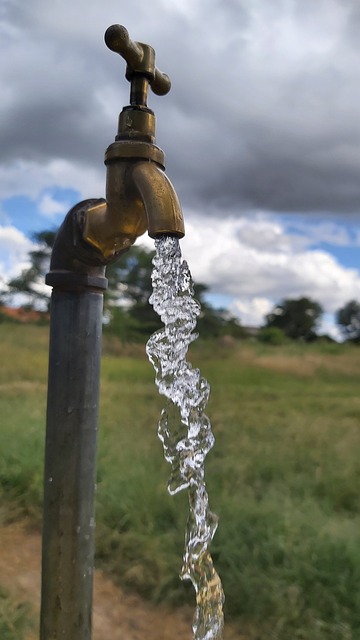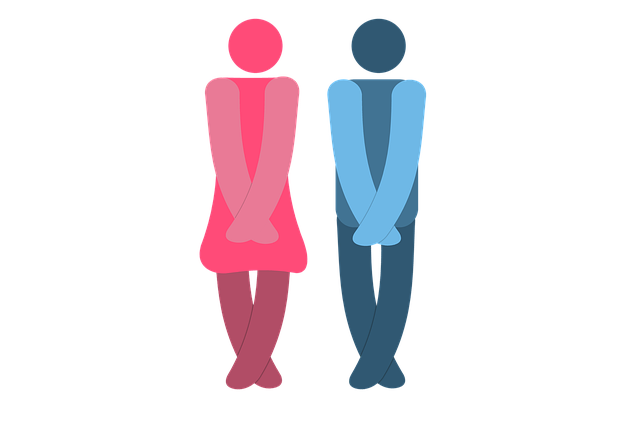Overactive bladder is a common condition that affects millions of people worldwide. It can have a significant impact on daily life, causing embarrassment, discomfort, and anxiety. Fortunately, there are natural remedies and lifestyle changes that can help manage overactive bladder and improve quality of life.
What is Overactive Bladder?
 Overactive bladder is a condition characterized by a sudden and uncontrollable urge to urinate, often accompanied by frequent urination and incontinence. It differs from urinary incontinence in that it involves an urgent need to urinate rather than an inability to control urine flow.
Overactive bladder is a condition characterized by a sudden and uncontrollable urge to urinate, often accompanied by frequent urination and incontinence. It differs from urinary incontinence in that it involves an urgent need to urinate rather than an inability to control urine flow.
Causes of Overactive Bladder
There are several factors that can contribute to overactive bladder, including age-related changes, neurological conditions, medications, and other underlying medical conditions. As we age, the muscles in the bladder weaken, making it more difficult to hold urine for long periods of time. Neurological conditions such as Parkinson’s disease and multiple sclerosis can also affect bladder function. Certain medications, such as diuretics and antidepressants, can increase urine production and contribute to overactive bladder. Other medical conditions such as diabetes and urinary tract infections can also cause symptoms of overactive bladder.
Symptoms of Overactive Bladder
The most common symptoms of overactive bladder include frequent urination (more than eight times per day), urgency to urinate (often accompanied by leakage), incontinence (inability to control urine flow), and nocturia (waking up at night to urinate). These symptoms can be disruptive to daily life and cause embarrassment and anxiety.
Natural Remedies for Overactive Bladder
There are several natural remedies that can help manage symptoms of overactive bladder. Kegel exercises, which involve contracting and relaxing the pelvic floor muscles, can help strengthen the muscles that control urine flow. Bladder training involves gradually increasing the time between bathroom breaks to help train the bladder to hold more urine. Herbal remedies such as pumpkin seed extract and corn silk have been shown to improve bladder function. Acupuncture and yoga can also help improve bladder control.
Diet and Lifestyle Changes to Help Manage Overactive Bladder
Making changes to your diet and lifestyle can also help manage symptoms of overactive bladder. Avoiding bladder irritants such as caffeine, alcohol, and spicy foods can help reduce urgency and frequency of urination. Staying hydrated is important, but it’s also important not to drink too much water before bedtime to avoid nocturia. Maintaining a healthy weight and getting regular exercise can also improve bladder function.
When to See a Doctor
It’s important to see a doctor if symptoms of overactive bladder interfere with daily life or if there is blood in the urine or pain or discomfort during urination. A healthcare provider can help determine the underlying cause of overactive bladder and recommend appropriate treatment options.
Summary of Natural Remedies for Overactive Bladder
Natural remedies such as Kegel exercises, bladder training, herbal remedies, acupuncture, and yoga can all help manage symptoms of overactive bladder. Making changes to your diet and lifestyle, such as avoiding bladder irritants, staying hydrated, maintaining a healthy weight, and getting regular exercise, can also improve bladder function. It’s important to consult with a healthcare provider before starting any new treatment regimen.
Overactive bladder can be a challenging condition to manage, but there are natural remedies and lifestyle changes that can help improve symptoms and quality of life. It’s important to seek medical attention if symptoms persist or worsen, but trying natural remedies and making lifestyle changes can be a good first step in managing overactive bladder.








